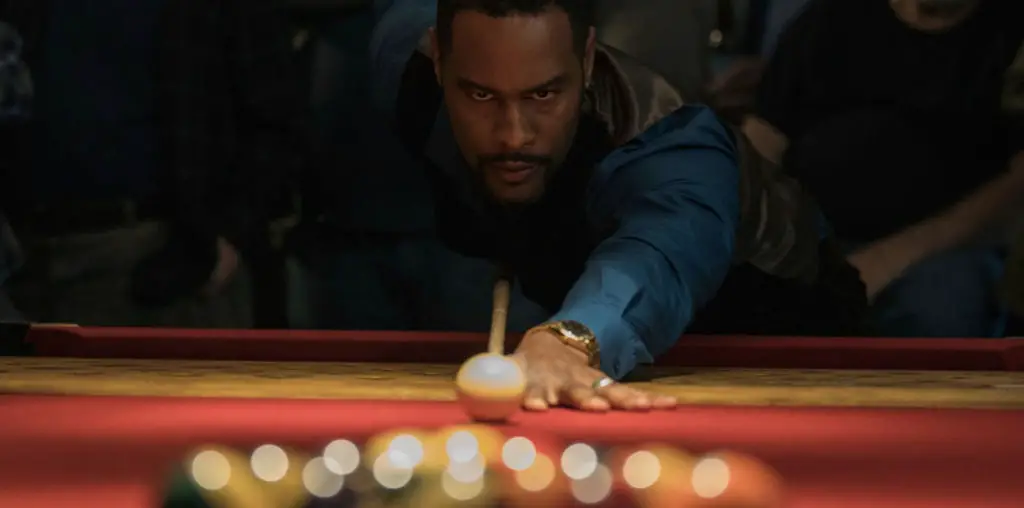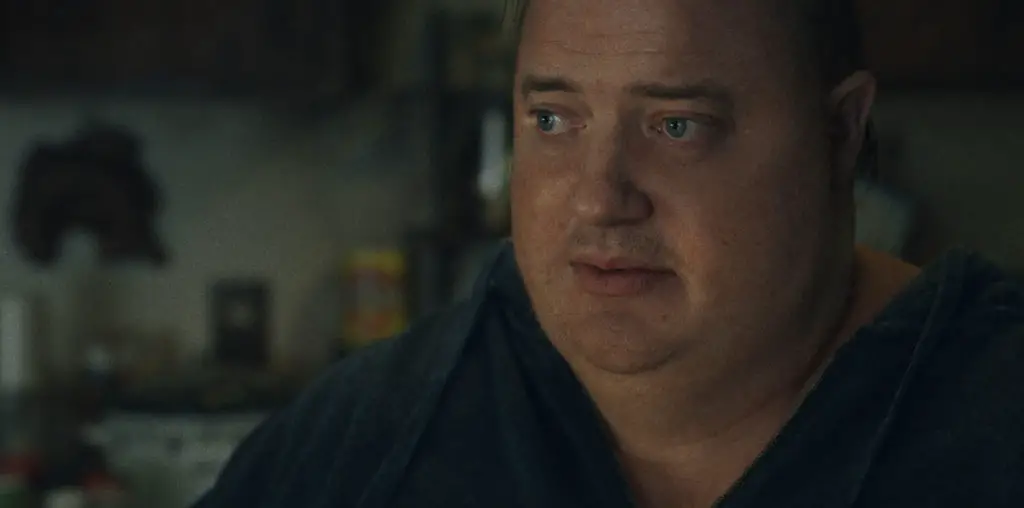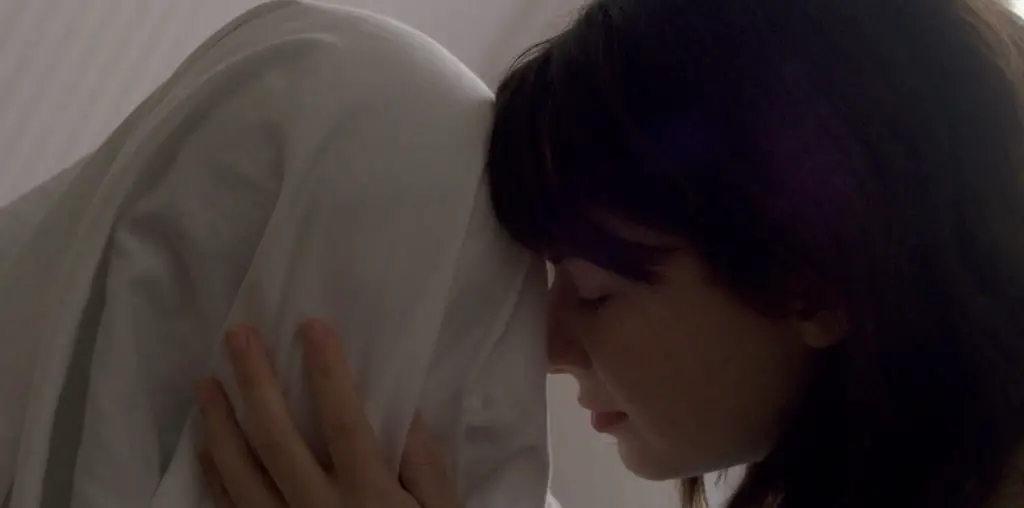
Cinema has been long fascinated by trauma experienced by teenagers and young adults. One need only look to memorable films like Stand by Me to understand the draw and poignancy of such tales. In Magnolia Flowers, writer-director Colin Charles Dale pays homage to these classics while introducing a more modern sensibility. It’s a heavy experience, and not everyone will be down for it’s laden with misery. But it is competently crafted, nonetheless.
Caitlyn (Emma Waters) is a troubled young woman in suburban Massachusetts struggling with depression. Her two brothers are supportive during her mental health crisis but are unable to completely empathize with her situation, being your standard college-aged men. Her distant mother has little to no interest in the domestic travails of her children – instead preferring to traverse Europe with her fashionable Spanish boyfriend.
Hoping to restart a semblance of a normal life, Caitlyn endeavors to throw a raging party as her mother is in Europe. Said party turns out to be anything but festive as someone close to Caitlyn is tragically killed in an accident. The reverberations of this accident cause her brother Donnell (Samuel M. Vita) to spiral out of control and subsequently go missing. Will they be able to put the pieces back together after this tragedy?
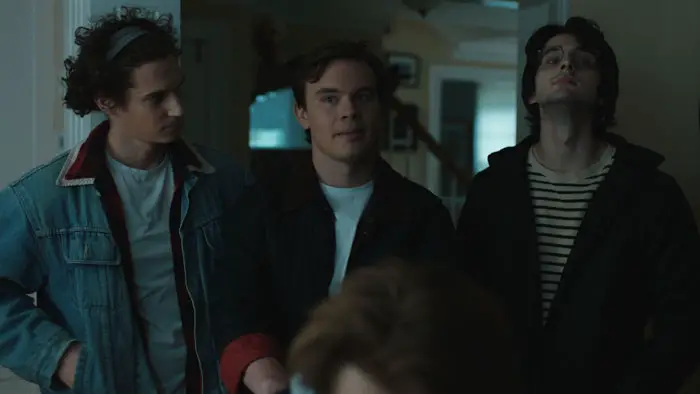
“Hoping to restart a semblance of a normal life, Caitlyn endeavors to throw a raging party as her mother is in Europe.”
What we get in total is a picture filled with pathos. The affecting performance from Emma Waters ensures that Magnolia Flowers doesn’t become readily forgettable. Portraying mental illness on screen is always fraught with danger, especially nowadays, as scores of overly-zealous viewers are keyed in on noticing problematic representations. They then make sure to let everyone know about it on Twitter. But the actor deftly navigates these issues with a grounded performance, not without nuance.
It’s hard to avoid the question of this being another in a slew of films constructed around First-World problems. The relative affluence of the characters and their generally bad decision-making don’t alleviate these concerns. But wealthy people are allowed to be sad, too – though it’s never an excuse to accost a local barista, as we see in the film. Sometimes, though, it is challenging to empathize with people wallowing in sorrow from largely self-inflicted problems. A semblance of levity would have also been beneficial. One gets the sense that the inclusion of Chuckie (Dominick Pate), the local acid burn-out living in his basement, is an attempt at humor, but it feels clumsy and out of sync tonally with the rest of the film.
In short, Magnolia Flowers is a relatively successful drama that could’ve been rounded out with a little more characterization and a bit less gloom. For a picture that’s roughly an hour in length (including credits), there’s not much time allotted for developing these characters. It would have been more prudent had the focus not strayed too far from Caitlyn because we’re asked to empathize with a handful of characters that we don’t ultimately spend that much time with.
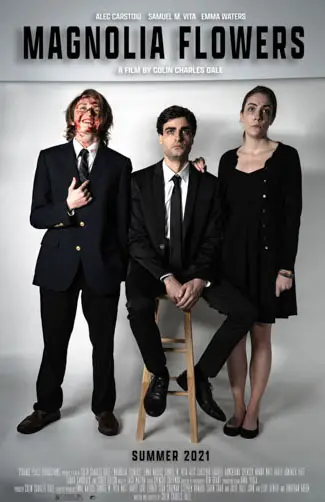
"…affecting performance from Emma Waters..."
